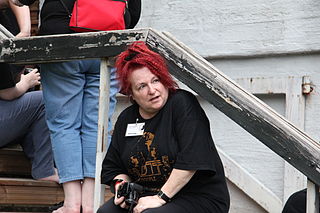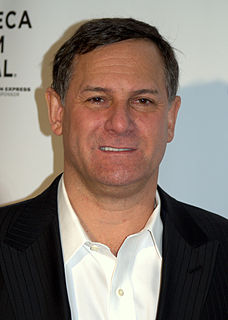A Quote by Brian Kernighan
Even though most people won't be directly involved with programming, everyone is affected by computers, so an educated person should have a good understanding of how computer hardware, software, and networks operate.
Related Quotes
Everybody remembers numbers and computers remember numbers. People remember procedures and computers certainly remember procedures. But the other thing that's still important is that your perception as a human is affected subtly by all this stuff that you can't quite articulate. You run your life according to all this stuff that's happened to you. All of your memories affect everything you do whereas with a computer, there's adaptive software and things, but it's more literal.
When you develop software, the people who write the software, the developers are the key group but the testers also play an absolutely critical role. They're the ones who ah, write thousands and thousands of examples and make sure that it's going to work on all the different computers and printers and the different amounts of memory or networks that the software'11 be used in. That's a very hard job.
Every computer divides itself into its hardware and its software, the machine host to its algorithm, the human being to his mind. It is hardly surprising that men and women have done what computers now do long before computers could do anything at all. The dissociation between mind and matter in men and machines is very striking; it suggests that almost any stable and reliable organization of material objects can execute an algorithm and so come to command some form of intelligence.





































